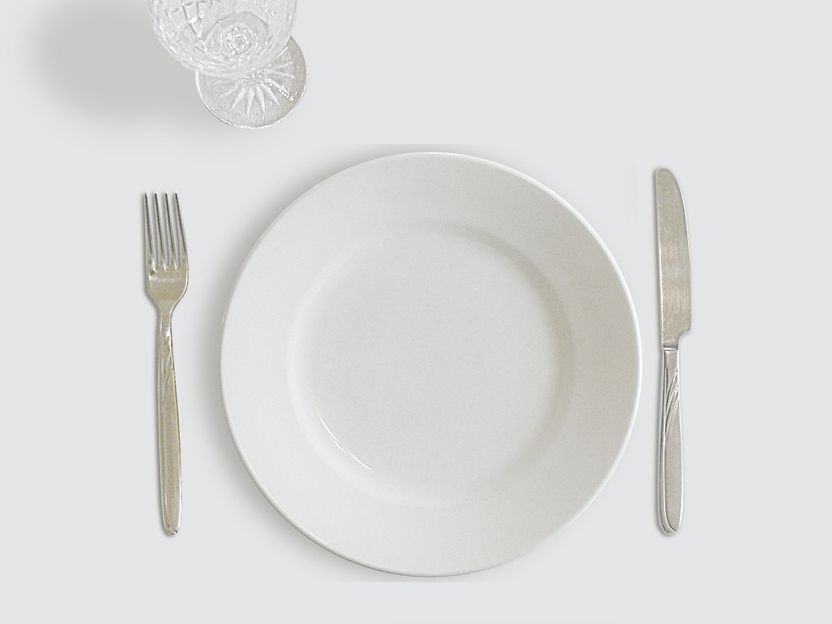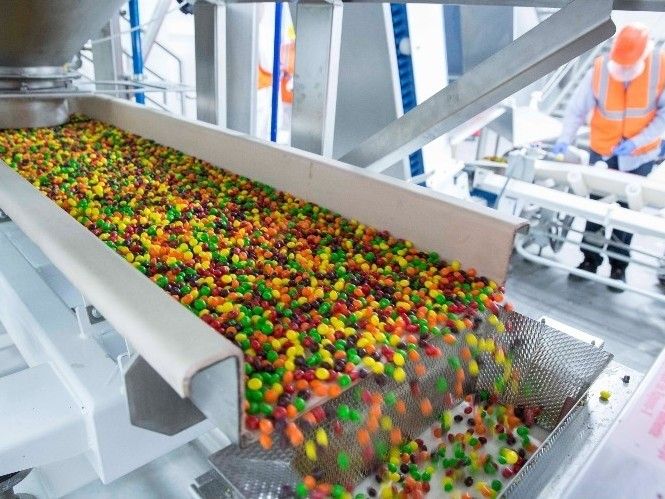Food crisis due to Ukraine war calls for demand-side action: less animal products, less waste, and greening EU agricultural policy
The global food system is impacted by the war in Ukraine, adding to the direct humanitarian and security crisis caused by the Russian aggression. Ukraine and Russia are major producers of grains and fertilizers, yet their exports are at risk of getting disrupted. However, agricultural policy-makers – like the EU ministers meeting on Monday – should not abandon sustainable farming practices just to increase grain production, a team of scientists argues. They propose three key measures to cope with the shocks. In a statement published today they highlight that, instead of focusing only on the supply side for e.g. animal feed, it is changing the demand side which can lead to both a more resilient and more sustainable global food system.

pixabay
“Global food insecurity is not caused by a shortage of food supply. It is caused by unequal distribution. There is more than enough food to feed the world, also now during this war. However, grains are fed to animals, used as biofuels, or wasted rather than feeding hungry people.” says Sabine Gabrysch from PIK, one of the co-authors. “Rolling back environmental regulation to scale up food production would not solve the crisis. It would move us even further away from a reliable food system that is resilient to future shocks and delivers healthy and sustainable diets.”
In a statement signed by more than 250 experts from a number of countries, the scientists propose three levers for coping with the short-term shocks while also ensuring human health and long-term sustainable development:
- Accelerating the shift towards healthier diets with less animal products in Europe and other high-income countries, which would reduce the amount of grains needed for animal feed;
- Increasing production of legumes and further greening EU agricultural policies, also to reduce the dependency on nitrogen fertilizers or natural gas from Russia;
- Reducing the amount of food waste, since for instance the amount of wheat wasted in the EU alone is roughly equivalent to half the amount of Ukraine’s wheat exports.
Further short-term action from European governments should include providing funds to the World Food Programme to purchase grains and keeping trade open, including food trade to and from Russia, according to the statement. Social-security systems and food banks should be strengthened across the EU to avoid detrimental effects of rising food prices for poor households.
“This terrible war forces us to re-think established practices, especially in the food sector which already now experiences shock-waves transmitted by markets and caused by disruptions in Ukraine and Russia,” says Marco Springmann from Oxford University, also a co-author. “Discussing dietary changes in face of the war is more significant than it might seem at first glance, in fact eating more plants instead of meat could make more food available to the world, simply because animal production is inefficient. We can and should react to the short-term crisis in ways that are also suitable to tackle long-term crises of the world food system.”
Original publication
Other news from the department science

Get the food & beverage industry in your inbox
By submitting this form you agree that LUMITOS AG will send you the newsletter(s) selected above by email. Your data will not be passed on to third parties. Your data will be stored and processed in accordance with our data protection regulations. LUMITOS may contact you by email for the purpose of advertising or market and opinion surveys. You can revoke your consent at any time without giving reasons to LUMITOS AG, Ernst-Augustin-Str. 2, 12489 Berlin, Germany or by e-mail at revoke@lumitos.com with effect for the future. In addition, each email contains a link to unsubscribe from the corresponding newsletter.
Most read news
More news from our other portals
Last viewed contents

BrewDog PLC, Scotland, UK: ZIEMANN delivers a brand new turnkey brewery plant – from malt intake through to the bright beer tank cellar.

Perfect Day Deepens Investment in Enterprise Biology Business with New Brand Identity, nth Bio, and Announces Partnership with Onego Bio - Company unveils enterprise biology partnership with Onego Bio, to accelerate scaling of animal-free egg white protein production
Mengniu launches drinkable milk meal containing oats and wheat grains – a milestone product in the history of beverages with perceptible added value - Mengniu, GEA and SIG Combibloc: achieving a shared goa

Mars Wrigley and Danimer Scientific Help Environmentally Conscious Consumers to Compost at Home by Developing Biodegradable Packaging from Natural Ingredients - Innovative partnership puts Mars Wrigley at forefront of sustainable packaging movement with eco-friendly technology made from nature that biodegrades in soil and oceans


























































